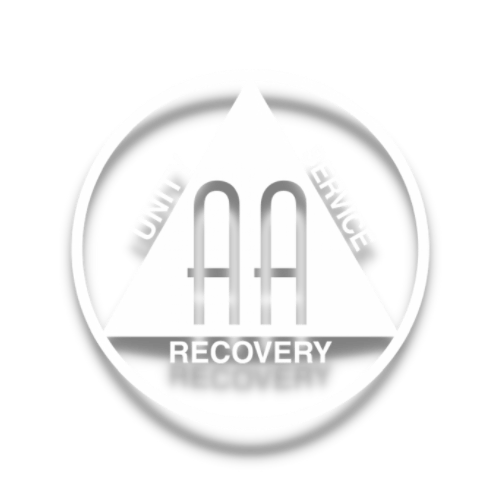SERVICE WORK
St. Johns County Correctional Volunteer Information
Qualifications:
• 1 year of sobriety
• Approval from St. John’s County Correctional Facility (badged)
What it entails: Participate in approx. 1 hour meeting led by a coordinator at the St. Johns Correctional Facility.
The frequency of your participation is entirely up to you.
To get ‘badged’, you must complete the application and send it in as instructed.
After a successful background check, you will receive an email from Deputy Hodge notifying you that the background check has been completed and inviting you to the next orientation.
At the orientation you will be provided instructions for proper attire, decorum, etc. as well as a tour of the facilities. You will also be finger-printed and have a photo taken for a badge.
When your badge is ready, you will receive a follow-up email from Deputy Hodge notifying you that it is ready to be picked up.
Notify Corrections Chair (Women – Kathy F. 904-210-9755) or (Men – Tommy W. 904-322-3240) to ensure that you are paired up with a coordinator for your first meeting. They can provide you with a current list of meetings.
Thank you for your interest in this vital service. The St. Johns County Corrections Group is truly appreciative of your service.
Correspondence to Institutions
We need A.A. members on the “outside” to correspond with A.A. members in correctional facilities across the U.S. and Canada.
Having prison experience is not a prerequisite — sobriety in A.A. is. People in custody are more interested in learning how we got and stayed sober through A.A.’s Twelve Steps, rather than hearing about time we may have spent in prison.
It is suggested that members correspond with members of the same gender identity. Currently, we receive more requests from people in custody and we appreciate your participation, which will help us to provide this service to all who seek it.
If you would like to share your experience, strength, and hope with A.A.s who are confined, please fill out the form below.
The name of a person in custody selected at random from a geographical distance of 700 miles or greater will be sent to you from the General Service Office and you will make the initial contact through the mail.
Those who have participated in this service have found sharing with individuals in custody to be a very gratifying form of Twelfth Step work. We are happy to know there are A.A. members like you willing to help make it possible for the A.A. message to be carried to those on the “inside.”
Guidelines for Corrections Correspondence Service (CCS)
Welcome to one of the most rewarding and rarely mentioned forms of Twelfth Step work.
In the spirit of cooperating with correctional facility requirements for correspondence and mail, here
are some suggested guidelines drawn from shared experience to help you when writing to A.A. members on the “inside”:
To begin, remember that when writing to those in custody, you must use your last name on the envelope or it will not be accepted by most institutions. The G.S.O. does not forward CCS mail.
1. We introduce ourselves by qualifying briefly in our opening letter.
2. We try to let individuals know that writing, like all forms of sharing, helps us as much as it helps them.
3. We let the person in custody know that they are not alone.
4. Most correspondents use their home addresses since we match correspondents by a distance of 700 miles or greater. Some correspondents ask permission from their A.A. group or intergroup/central office to use the office P.O. Box for receiving mail.
5. We share sobriety and sobriety only.
6. We have found it best for all concerned if no emotional or romantic involvements develop.
7. If there is a desire to send a gift for a special occasion, we make it an A.A. book, A.A. literature, or Grapevine material. (Before sending literature, see if the facility will allow it. Many Correctional Facilities will permit a person in custody to receive only literature sent directly from the publishers.) Also, some facilities do not allow those in custody to receive stamps or pre-addressed, stamped envelopes.
8. In the spirit of the Twelfth Tradition, we respect the anonymity of our correspondents.
9. We encourage “inside” A.A. group activity and stress, making that first meeting the day the individual leaves confinement.
10. We encourage “inside” correspondents to notify G.S.O. prior to their release so that G.S.O. can set up a prerelease contact from their home community
(Visit www.aa.org/aa-corrections-prerelease- contact-information-inside.)
Thank you for your willingness to share in this most important work.
